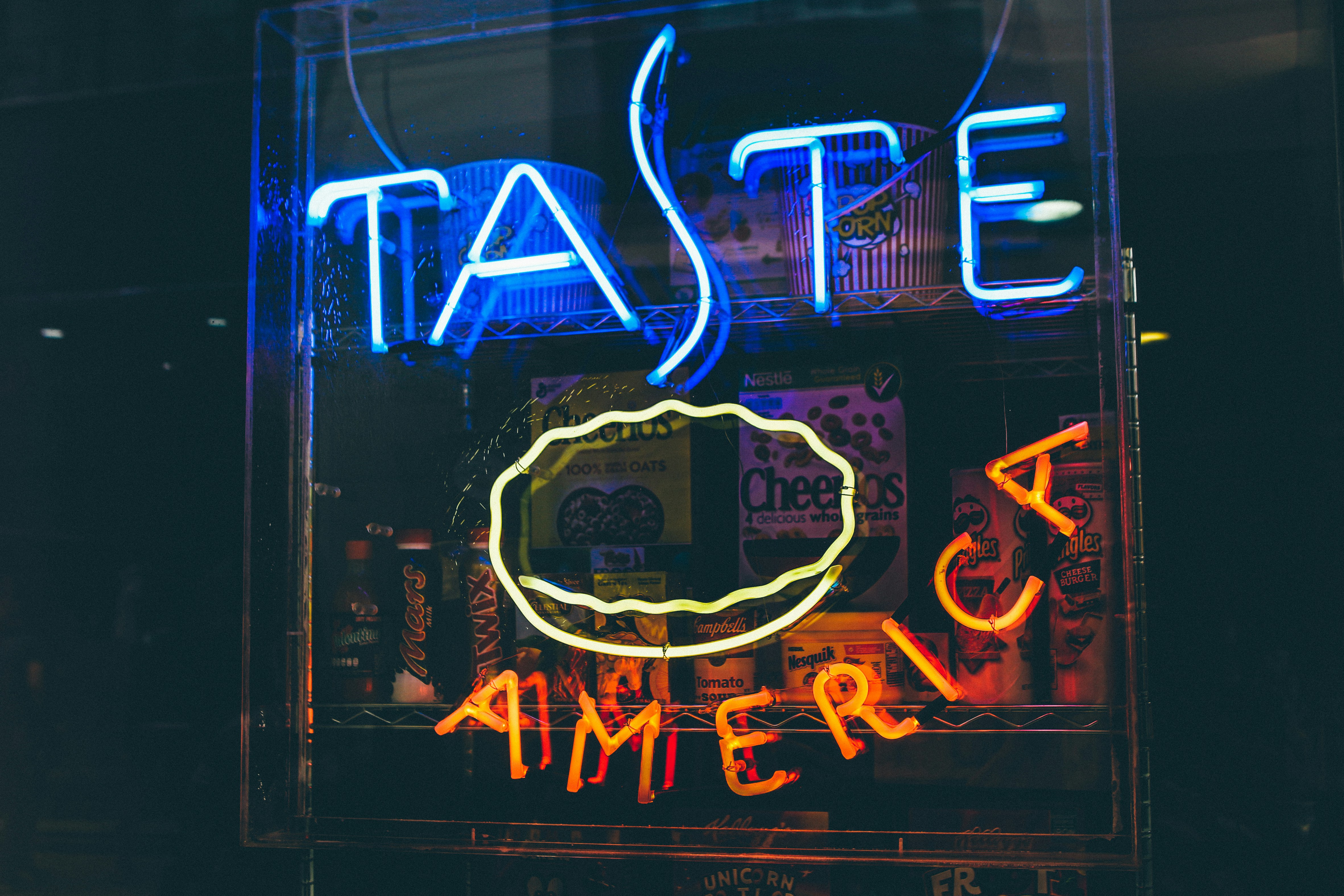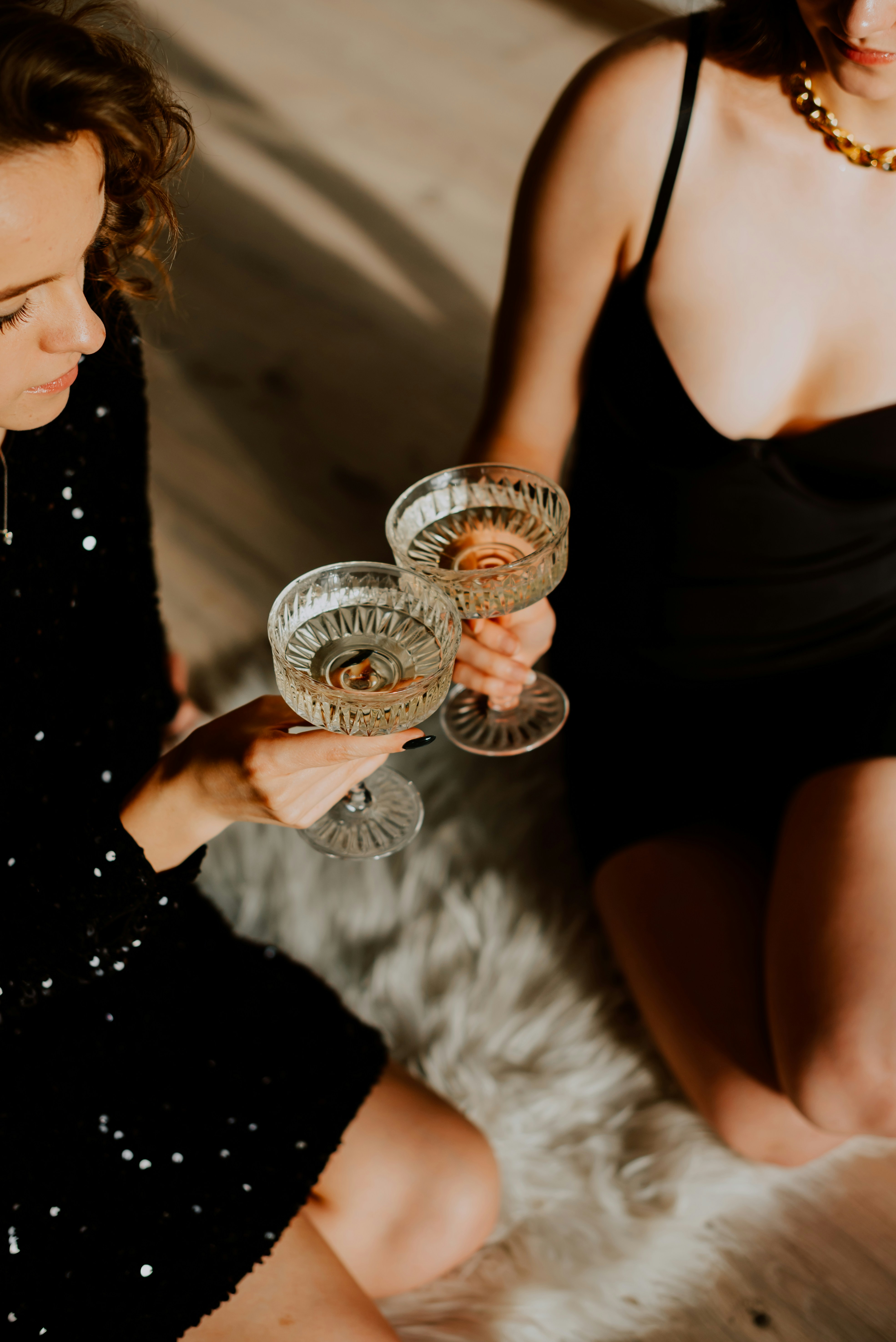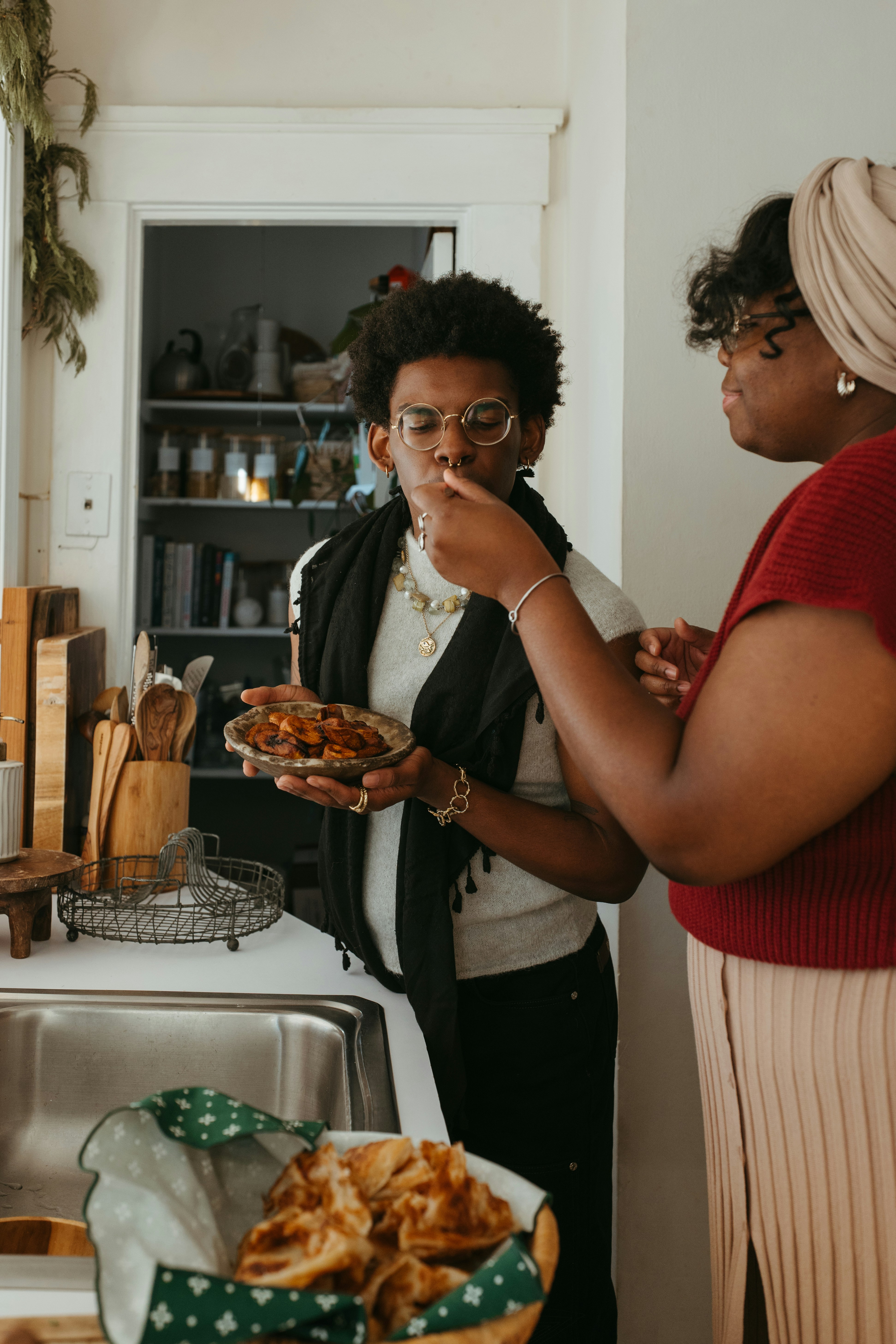
When was the last time you chose a restaurant based on a stranger's five-star review versus a friend's casual mention of "this amazing little place I discovered"? If you're like most people, that friend's offhand recommendation probably carried more weight than dozens of anonymous reviews combined.
There's profound psychology at work here—and understanding it reveals why the future of discovery isn't about better algorithms, but better relationships.
Our brains are wired for social proof, but not all social proof is created equal. Research in behavioral psychology shows we assign different weights to recommendations based on our relationship with the source. A friend's suggestion activates what researchers call "homophily bias"—we assume people similar to us will have similar preferences.
But it goes deeper than shared taste. When a friend recommends something, they're putting their social capital on the line. They know that if you hate their movie suggestion, you'll remember. That built-in accountability creates a filtering mechanism no algorithm can replicate.
Think about it: Netflix's algorithm analyzes thousands of data points to suggest your next binge-watch, but it doesn't care if you waste three hours on a terrible series. Your friend, however, has to look you in the eye at coffee next week.
Here's where it gets interesting: the act of giving recommendations is almost as rewarding as receiving them. When we share a discovery, we're not just passing along information—we're saying "I thought of you when I experienced this."
That emotional layer transforms recommendations from transactional data exchange into relationship building. Your friend doesn't just recommend a book; they share a piece of their inner world. You don't just get a restaurant tip; you get insight into what brings someone you care about joy.
This is why the most powerful recommendations often come with stories. "I went to this place after my breakup and the owner ended up talking with me for an hour" tells you something algorithms never could—not just what to expect, but why it might matter to you specifically.
We live in an age of manufactured recommendations. Influencer partnerships, sponsored content, and review manipulation have created what we might call "recommendation fatigue." We've become skeptical of suggestions that feel commercial or calculated.
Friends cut through this noise because their motivations are transparent. They recommend that hole-in-the-wall taco place because they genuinely want you to experience those incredible fish tacos, not because they're getting paid per click.
This authenticity extends to negative experiences too. A friend will tell you "the service was slow, but the food made up for it" in a way that helps you set realistic expectations. They'll mention that a movie is "beautiful but depressing" so you can choose the right night to watch it.
Perhaps most crucially, friend recommendations come pre-curated for relevance. Your marathon-running friend knows not to recommend a heavy steakhouse for your post-workout meal. Your budget-conscious sister won't suggest the $200-per-person restaurant without mentioning the cost.
This personal curation creates what psychologists call "decision confidence"—you're more likely to enjoy something that's been filtered through someone who knows your preferences, circumstances, and values.
The most exciting aspect of friend-based recommendations is how they create discovery communities. When you find an amazing hidden gem and share it, you're not just making a suggestion—you're contributing to a collective intelligence that benefits everyone in your circle.
These communities develop their own taste profiles over time. Your foodie group becomes known for finding the best new restaurants. Your book club friends become your go-to for literary recommendations. Your travel buddy's suggestions carry extra weight for adventure planning.
As we become more overwhelmed by choice and more skeptical of commercial recommendations, the psychology points toward a clear future: discovery will become increasingly social and personal.
The magic happens when we can harness the trust, authenticity, and emotional investment of friend recommendations while solving the practical challenges—like remembering what your friend mentioned three months ago, or surfacing the perfect suggestion at the right moment.
Technology's role isn't to replace human judgment, but to amplify human connection. The best recommendation systems won't be those that know what millions of people like, but those that help us tap into the wisdom of the people who know us best.
Because at the end of the day, we don't just want to find good movies, restaurants, or books. We want to discover experiences that feel meaningful—and meaning, it turns out, is deeply personal and inherently social.

